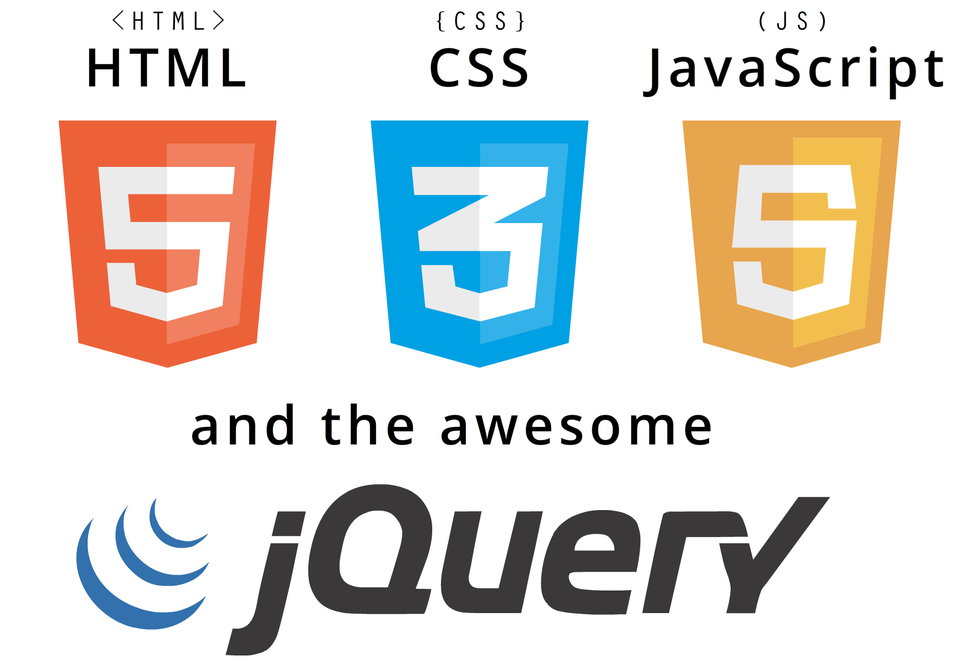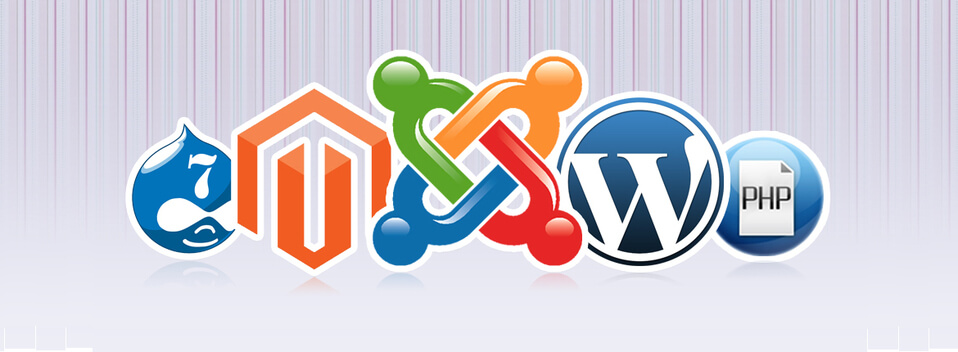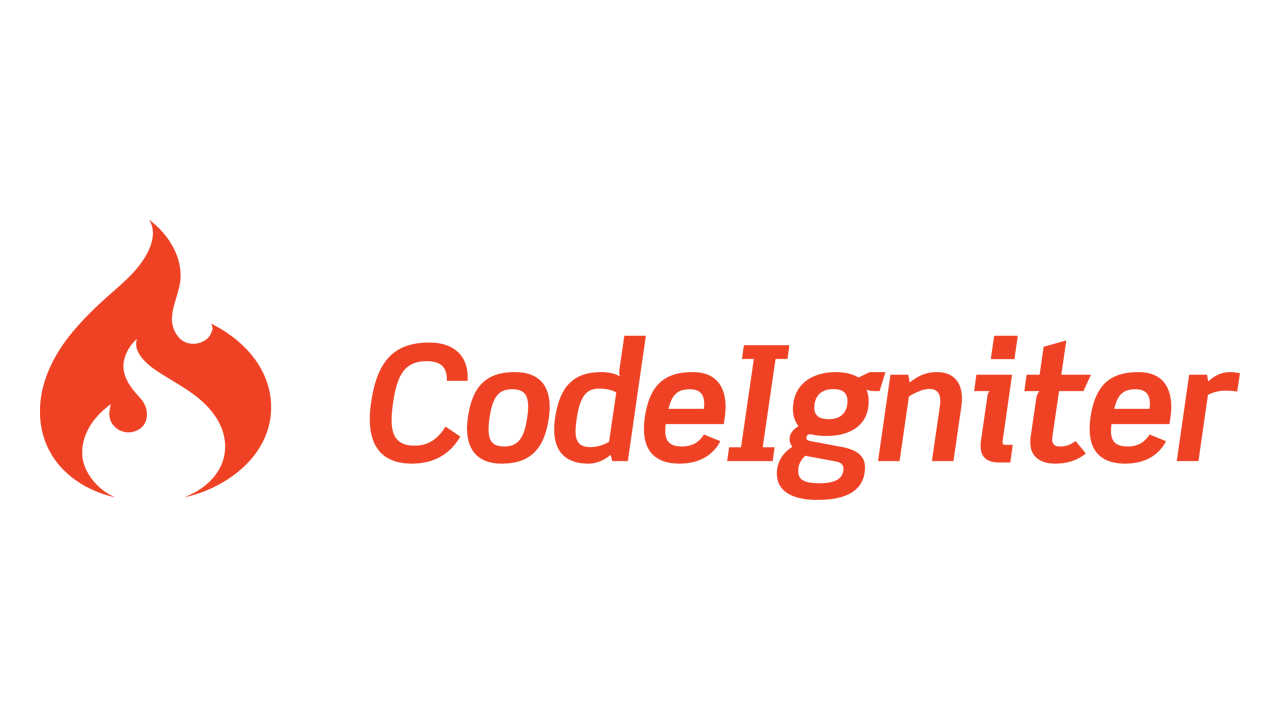Core Java
Course Details
( Class/Session Required 10 )
Click to view Fees
- What is Java Technology?
- A simple Java technology application
- Writing, compiling and Execute a Java application
- Object-Oriented Programming
- Basic Principles of Object Orientation
- Abstraction
- Encapsulation
- Polymorphism and overloading/overriding
- Class, member, method, constructor
- Access modifiers
- How to invoke a method on an object
- Identifiers, Keywords, and Types
- Integers (byte, short, int, long)
- Floating-Point Types (float, double)
- Characters
- Booleans
- Variables
- Class Variable, instance and local variables
- Declaring a Variable
- The Scope and Lifetime of Variables
- Type Conversion and Casting
- Automatic Type Conversions
- Casting Incompatible Types
- Using variables of class type
- Creating object using new keyword
- Operators
- Assignment, Arithmetic, and Unary Operators
- Equality, Relational, and Conditional Operators
- Bitwise and Bit Shift Operators
- Expressions and Flow Control
- The if-then and if-then-else Statements
- The switch Statement
- The while and do-while Statements
- The for Statement
- Nested Loops
- Using break, continue, return
- Arrays
- Arrays of primitive, class, or array types
- Array initialization
- Initialization the elements of an array
- Classes and Objects
- Declaring Classes
- Declaring Member Variables
- Defining Methods, Parameterized Methods
- Returning a Value from a Method
- Constructors, Parameterized Constructors
- Passing Information to a Method or a Constructor
- Overloading Methods, Overloading Constructors
- The this Keyword
- Creating Objects
- Controlling Access to Members of a Class
- Understanding Instance and Class Members
- Static and non-static block
- Exploring the String Class
- Inheritance
- Member Access and Inheritance
- A Superclass Variable Can Reference a Subclass Object
- Using super keyword
- Using super to Call Superclass Constructors
- Method Overriding
- Defining an Interface
- Implementing Interfaces
- Applying Interfaces
- Using Abstract Classes
- What Is an Exception?
- Catching and Handling Exceptions
- The try Block, The catch Blocks, The finally Block
- Basic I/O
- I/O Streams
- Buffered Streams
- Wrapper Class
- Vector Class








Social Profiles